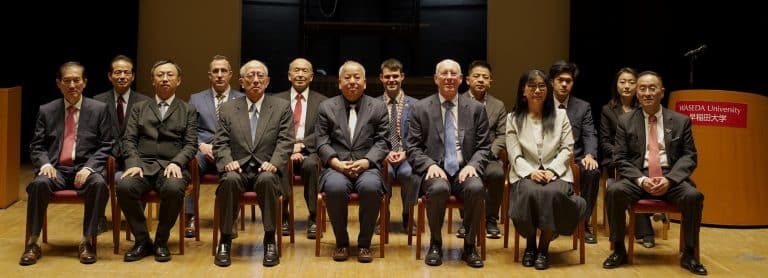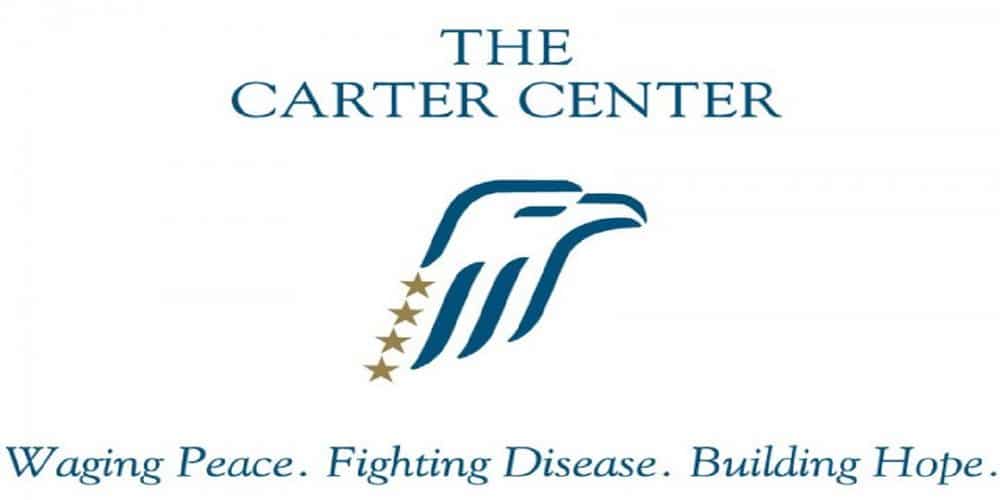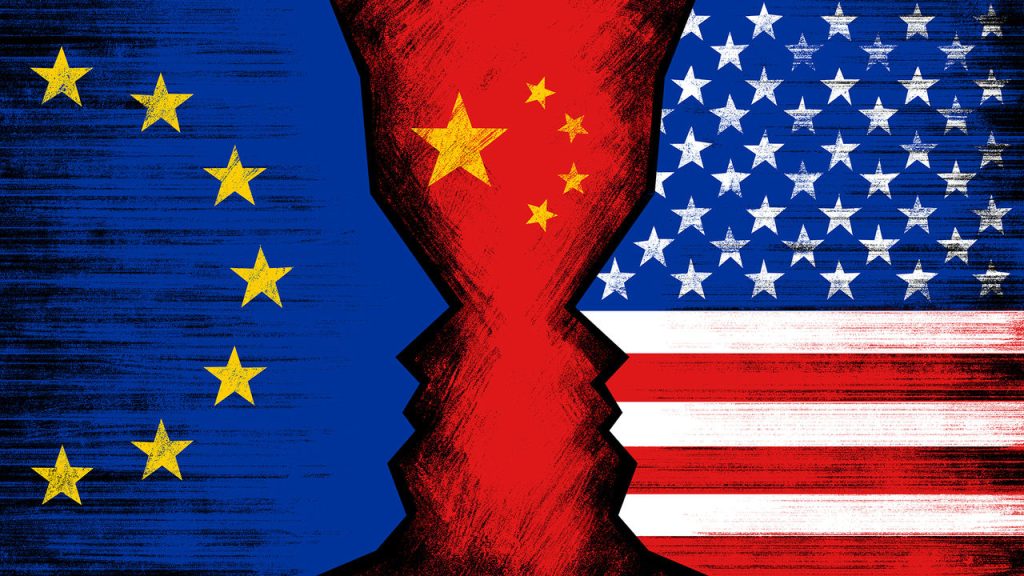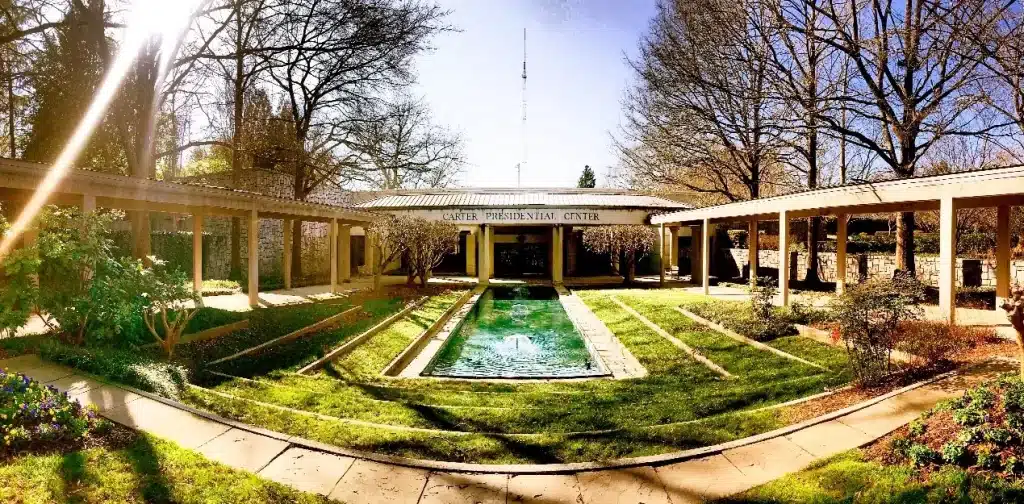The 2nd Asia-Pacific Peace and Development Forum—A Jimmy Carter Conversation Successfully Held In Tokyo
- Events
 China-Focus-Editor
China-Focus-Editor- 06/01/2025
- 0
From May 29 to 30, 2025, the “2nd Asia-Pacific Peace and Development Forum—A Jimmy Carter Conversation,” co-hosted by The Carter Center and the CF Asset Management Group with support from ENKADON Capital, was successfully held in Tokyo. The forum, titled “How Should Countries such as China, the U.S., Japan, and South Korea Coexist to Maintain Peace and Stability in the Asia-Pacific Region,” attracted former political leaders, scholars, and youth representatives from multiple countries.
The forum was opened by the Secretary-General, Mr. Qian Yaocheng, on behalf of the Chairman of CF Asset Management Group, Mr. Chancy Song. He emphasized that against the backdrop of increasing geopolitical complexity and rising populism, the Asia-Pacific region urgently needs to establish an open, inclusive, and sustained dialogue mechanism.
Former Japanese Prime Minister Yukio Hatoyama stressed in his speech the need to promote peace in the Asia-Pacific region through dialogue and multilateral cooperation, and to oppose confrontational policies such as imposing arbitrary tariffs. He emphasized that Japan should adhere to the philosophy of “Yuai” (fraternity), transcend national interests, and act as a peaceful bridge between China and the United States, promoting the building of an inclusive and trustworthy Asia-Pacific community.
In his keynote speech, former British Ambassador to North Korea and Belarus, John Everard, pointed out that the current global system faces a crisis of trust. Countries such as China, Russia, Japan, and South Korea should strengthen institutional dialogue and share responsibilities. He emphasized the need for a regularized security consultation mechanism in the Asia-Pacific to manage risks and prevent misjudgments.
Former Japanese Ambassador to the Netherlands and former Director-General of the Treaty Bureau of the Ministry of Foreign Affairs, Kazuhiko Togo, delivered a speech titled “Trump 2.0 and East Asian Diplomacy.” He argued that in response to the historical trend of “U.S. decline,” Trump’s policies advocate a “strategic contraction” to maximize U.S. interests, posing systemic challenges to peace in the Asia-Pacific. He proposed that China and Japan should adopt a pragmatic approach of “neighborly cooperation” to promote regional stability and called for the establishment of a “Conference on Security and Cooperation in East Asia (CSCEA)” to address the long-standing lack of regional mechanisms.
The forum featured a main forum and five sub-panels, covering topics such as China-Japan relations, Japan-U.S. relations, technology governance, youth participation, and gender equality. Through high-level dialogue and multilateral exchanges, the forum injected new confidence and momentum into peace and development in the Asia-Pacific region.
On the second day, keynote speeches were also delivered by political and academic figures including Clifford Hart, former U.S. Consul General to Hong Kong and Macau and Special Envoy for the Six-Party Talks, and Professor Takuro Sato, an academician of the Japan Academy of Engineering, offering diverse perspectives on peace and development opportunities in the region.
Participants generally believed that despite undergoing multiple rounds of structural tensions, China-Japan relations still have room for stable development through economic, cultural, and youth exchanges. Regarding the challenges posed by the second Trump administration, many believed Japan would face greater pressure for strategic autonomy and would need to strike a balance between strengthening defense capabilities and maintaining alliance credibility. Speakers also analyzed the evolving regional strategic landscape in the context of U.S.-China competition and the North Korean crisis. Despite rising geopolitical risks, they pointed out that cooperation opportunities still exist in areas such as nuclear non-proliferation, climate governance, and global health. Establishing crisis communication channels and restarting multilateral mechanisms were key points of consensus shared by the speakers.







